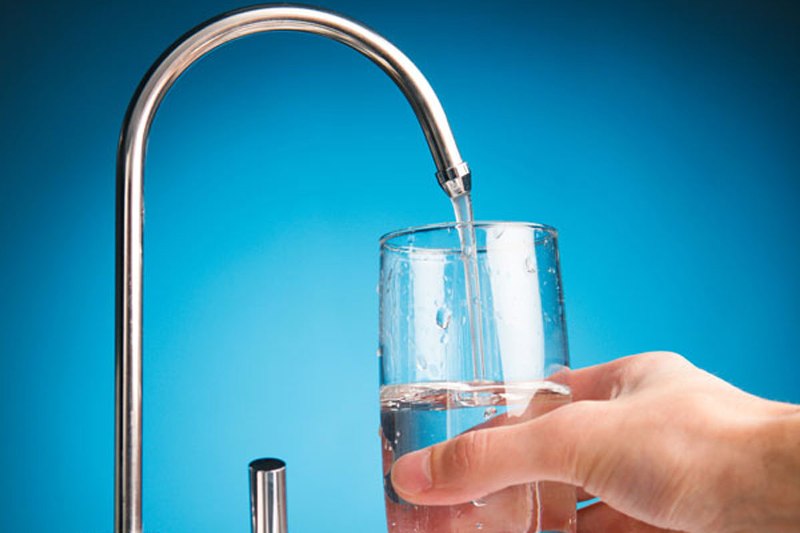A water filtration system in its most basic form is a water filter that decontaminates water by using either a chemical process, biological process, or physical barrier. Individuals utilize water filtration systems in their homes for various reasons, and such a system has multiple benefits. For instance, people utilize water filters to eliminate bacterial contaminants and chlorine to give them better smelling and tasting drinking water. They can also be used for removing lead from the water before consumption, discarding any risk of harmful substances entering your body. Consuming clean, filtered water can help protect the body from diseases and promote overall health.
What Are The Different Types Of Water Filters?
There are a few different types of water filters which are used typically, each one with different functions and mechanics, however, all serving the exact purpose of filtering and ultimately provide healthier and safer water for drinking.
Activated Carbon

An activated carbon filter is among the most commonly used household water filtration systems. This type of filter utilizes activated carbon granules for attracting and trapping chemical contaminations via an absorption procedure. Activated carbon granules are similar than charcoal, are highly porous and generated through burning wood with a lesser supply of oxygen. Charcoal, which is a mix between sponge and lead, has an inside surface area with crevices and corners to help with the absorption process. Bear in mind, carbon filters vary in efficiency. While some eliminate chlorine, improving odor and taste, others discard contaminants that include lead, asbestos, volatile organic compounds, mercury, or VOCs. Activated carbon does not eliminate common inorganic impurities like fluoride, nitrate, arsenic, perchlorate, and hexavalent chromium.
Reverse Osmosis

Reverse osmosis basically forces pollutant water through a membrane, using pressure. This enables the water to pass through, leaving the impurities in the water behind. It is worth having a look at Whole House Water Filtration Pros. With reverse osmosis, the water is going against its natural inclination, forcing the pollutants out of your water supply. Keep in mind that this filtration method wastes a lot of water and utilize three to twenty times more water than they generate. It is recommended to use this type only for cooking and drinking water.
Ion Exchange
These are excellent filters for softening water. They can make hard water more digestible by getting rid of limescale. These filters are designed for splitting apart atoms in polluting substances to create ions. It then traps the ions and only discharges the less good ions. These filters make use of zeolite beads which contains sodium ions. The beads are filters that traps incoming pollutants and substitute them with sodium ions.
Distillation
This is among the most basic methods of purifying water. While this is not a filter as such, but more a method of filtering water by yourself without using a grand device, distillation is an excellent method for filtering or purifying water. Distillation entails boiling of water, however taking things further to ensure purity. Water is boiled to make steam, then the steam is captured and cooled into water in a different container. Since water boils at a lower temperature than other pollutants such as toxic heavy metals, these will remain while the steam parts and boils off, leaving clean drinking water.






